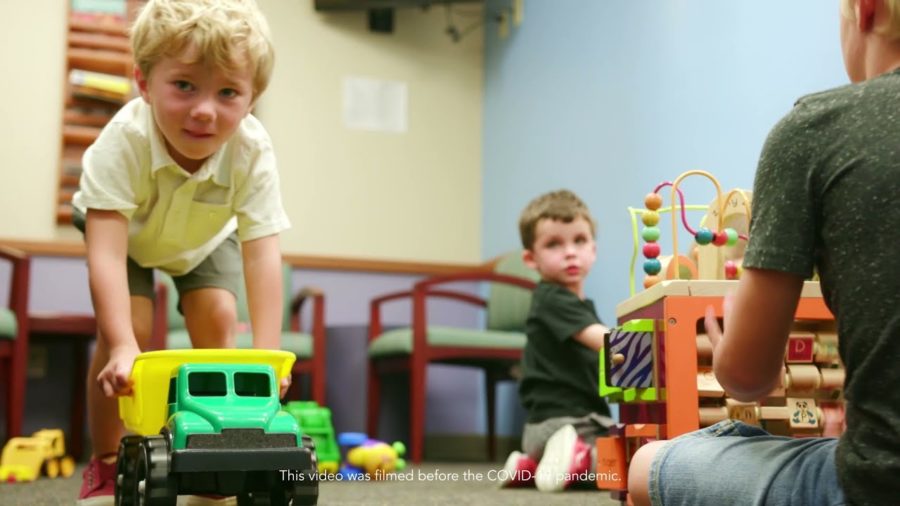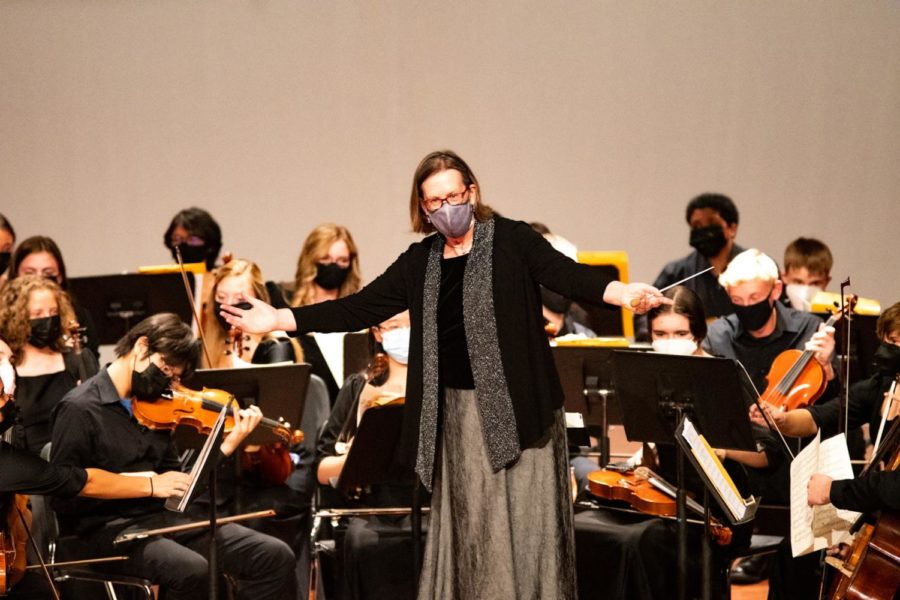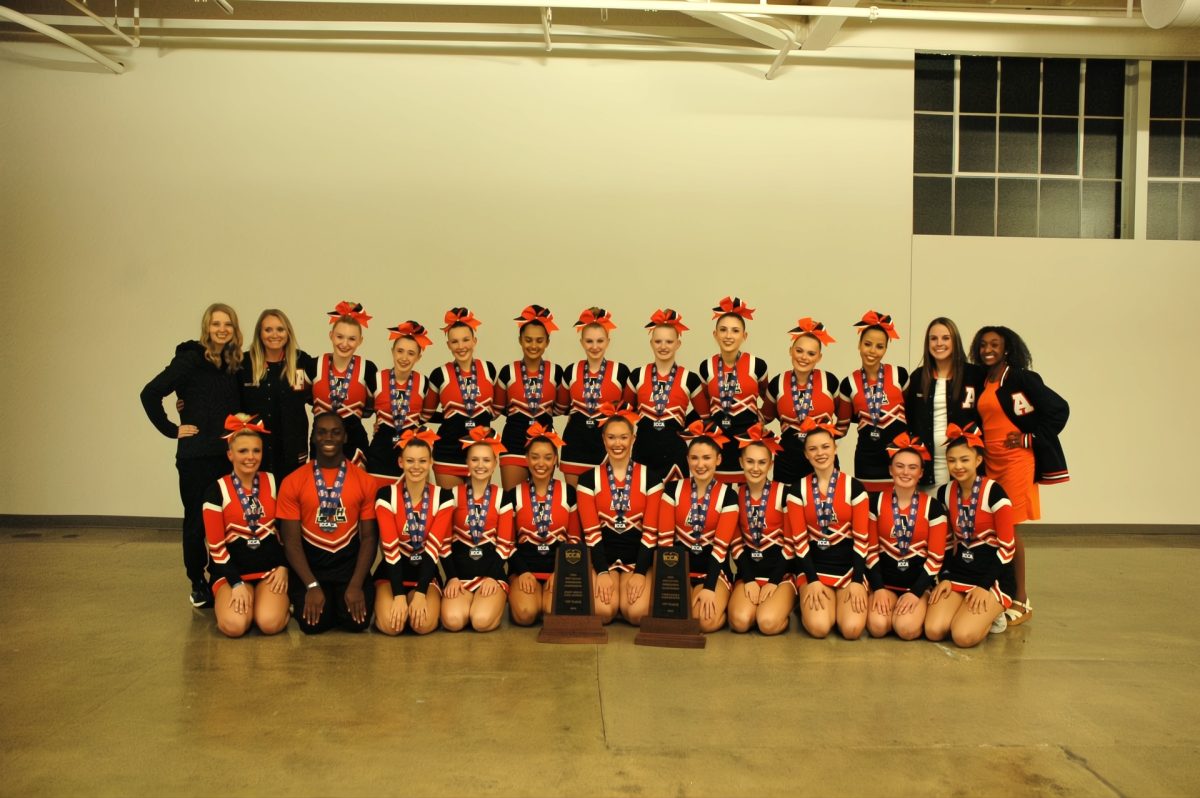Television has been a staple of American âcultureâ for generations. Day in and day out, families would gather around the tube to watch classic American shows like âThe Simpsonsâ and âThe Office.â However, our generation has seen a threat emerge, a challenger that threatens to disrupt this sacred American tradition. This threat is insidious; it is a warped perversion of all that television stands for. It is REALITY TV. Reality TV comes in many forms, and has managed to seep into nearly every aspect of television. Soap operas, and other classic forms of âdaytime televisionâ, are being replaced with love-based âreality shows.â Rather than having actors play the parts of a story made to resemble real life, ordinary people are grabbed off the street and asked to take part in this bizarre ritual. Shows like âThe Bachelorâ and âFlavor of Love,â for example, feature women all trying to compete to be the love of a man (or, in the second case, Flavor Flav). These shows throw scripts and actual realism to the winds and focus instead on strange competitions that would never take place in real life. â âRock of Loveâ and âFlavor of Loveâ are fun to watch, but the relationships will never work out,â said juniors Ellie Weiss and Sarah Kirts. Though they claim to be ârealityâ shows, these love-based reality TV shows are about as unreal as they can get. This leads to one question: why would the makers of these shows want to convince Americans that ârealâ relationships are hollow, pointless, and only entered for competition? Despite their names, this unreality is typical of most reality shows. Perhaps the most popular reality TV show, âSurvivor,â is part of another genre: the type of reality show that is slowly taking over the game show market. Though old American classics like âJeopardyâ and âDeal or no Dealâ are still around, these competitive reality shows are taking a larger and large role on TV. âSurvivorâ features contestants marooned on an island who compete in bizarre contests to be given food or, paradoxically, to STAY on their island. Those who the others donât like get to go home. Now, being trapped on an island is a realistic enough premise; it happens to me all the time. But being on an island, one wants to get back home, the sooner the better! Competing to see who can avoid being rescued for the longest amount of time, and then giving that person money, can hardly be called realistic. Itâs practically the same as training people to avoid rescuers if theyâre ever kidnapped, which makes one wonder: what exactly are these reality TV show makers trying to do? The last type of reality TV, and that truest to its name, is perhaps the simplest: a bunch of people are taken to a house and made to stay there for several months. As the old saying goes, âfamiliarity breeds contempt,â and these random people soon develop lots of contempt for the others. These shows, like âThe Real World,â typically involve the participants complaining about each other, arguing about pointless drama, or punching each other in the face. This is actually very similar to other reality shows, though their attendant bells and whistles are removed. This tends to make the shows fairly uninteresting, except to voyeurs. Though these types of reality shows donât tend to have a premise, they nevertheless intrude into the sitcom market, providing similar situations without professional writers to make them funny. If other reality shows can be said to be training us to be stupid about the opposite sex or die when trapped on an island, these shows are trying to train us to be petty and hate other people for no real reason. Luckily, many Ames High students have been able to avoid the grip of reality TV. âI donât watch reality TV. I watch the discovery channel,â senior Katrin Renoit said. Though many of us can avoid them, we must be sure not to slip and allow these shows to pull us in. If enough people watch these phony reality shows, not only will good American serials die, but people may start to act like the people they watch in reality shows â and weâll all be just as petty.
Categories:
Reality TV is trying to make you stupid
WILL RUNDLE
•
April 14, 2008
Story continues below advertisement
0
Donate to The WEB
$125
$450
Contributed
Our Goal
Your donation will support the student journalists of Ames High School, and Iowa needs student journalists. Your contribution will allow us to cover our annual website hosting costs.



























